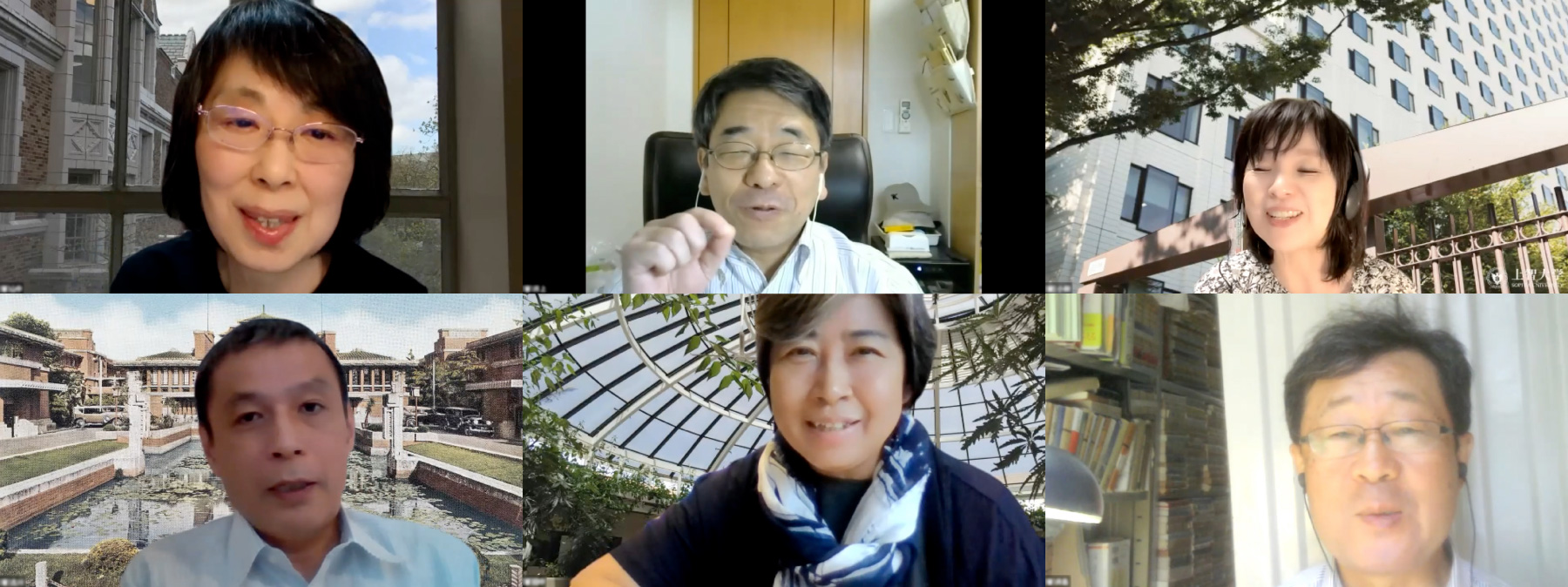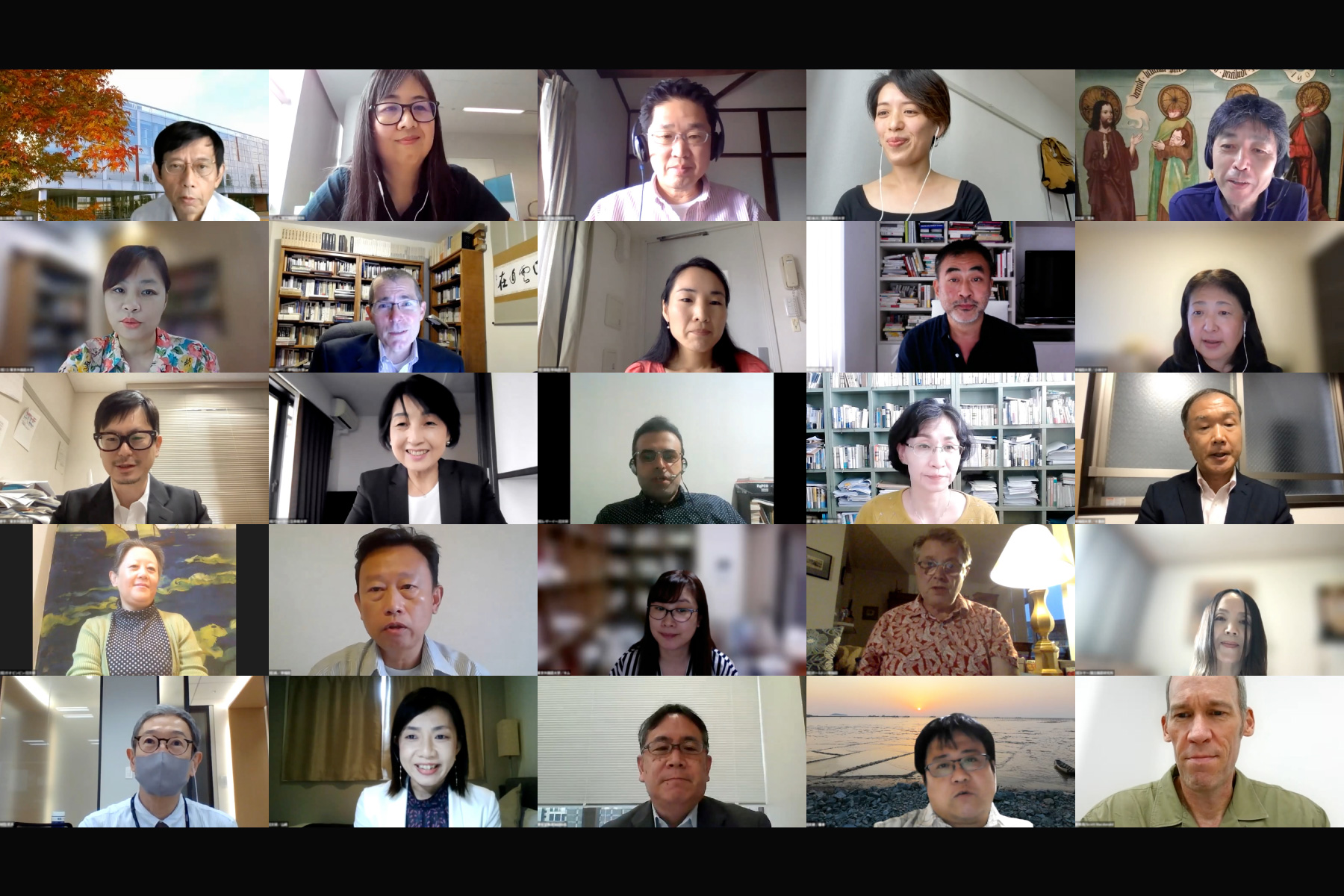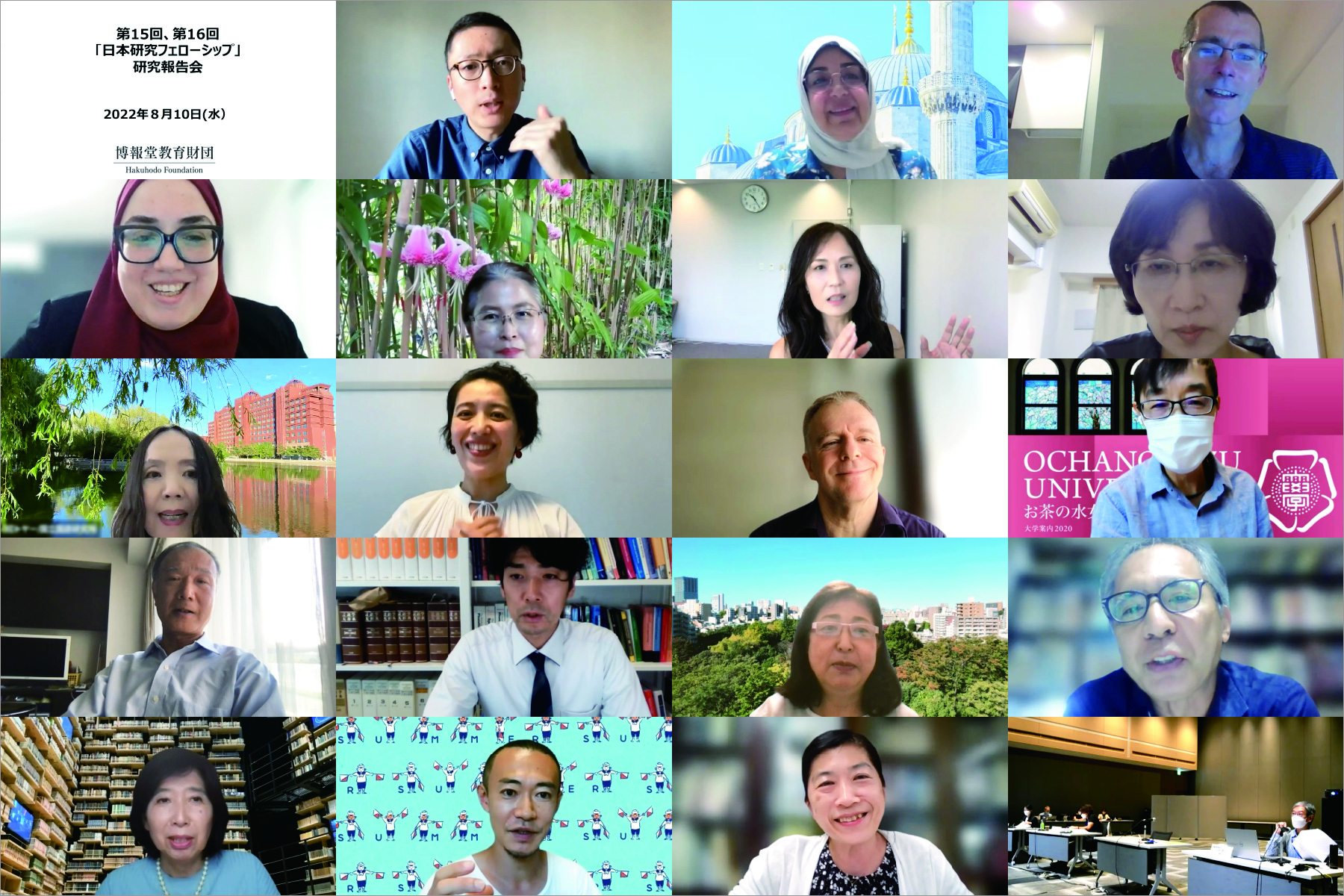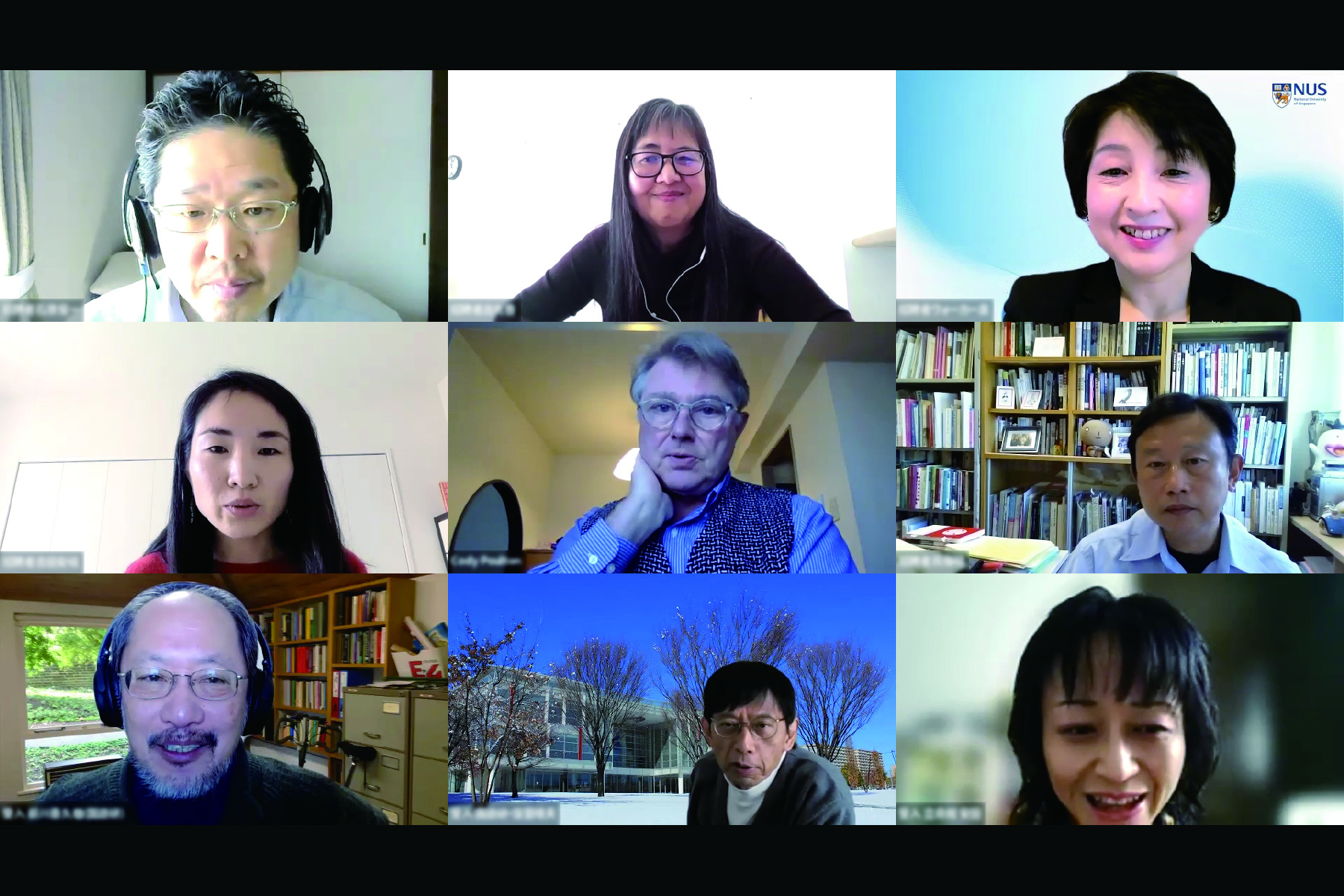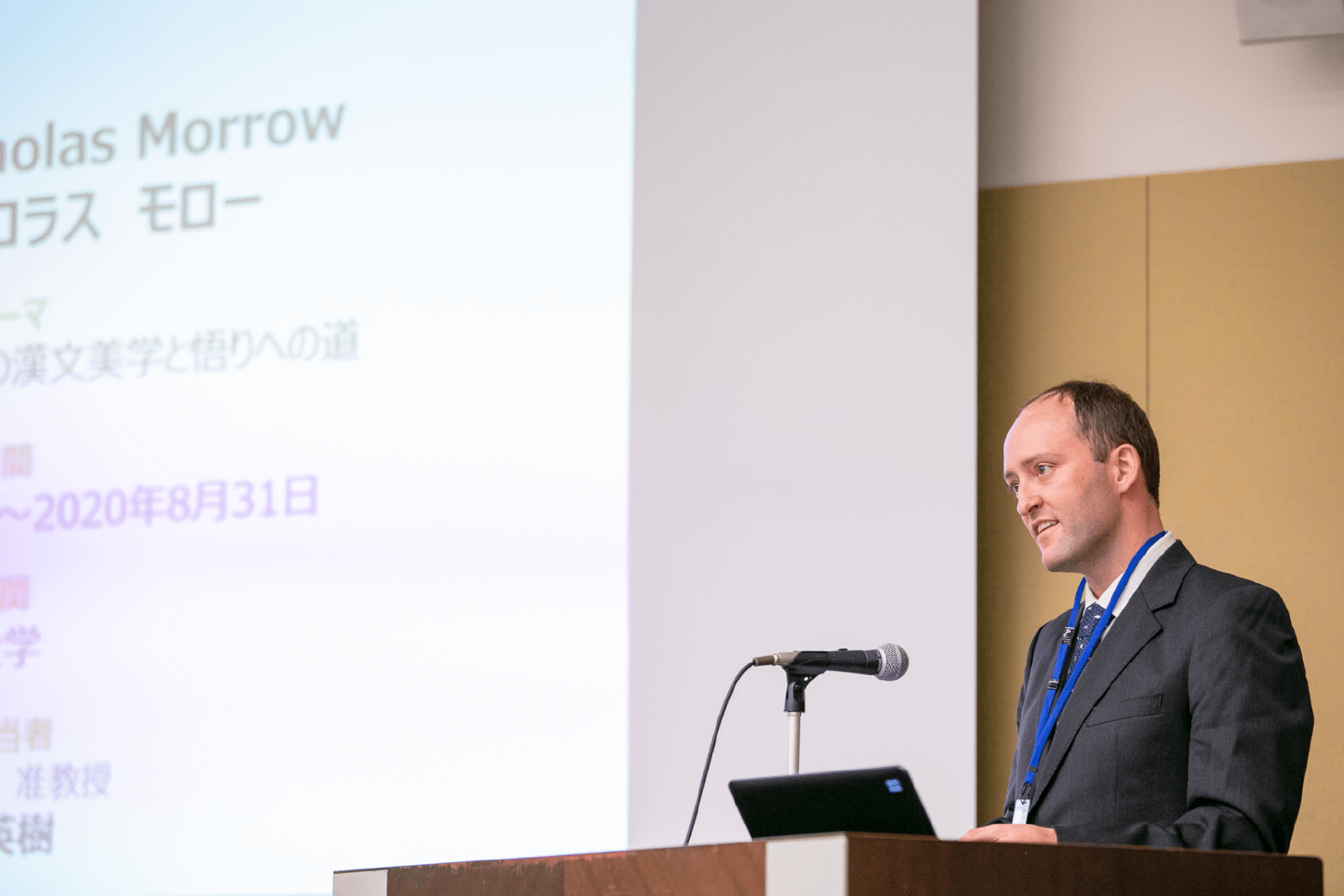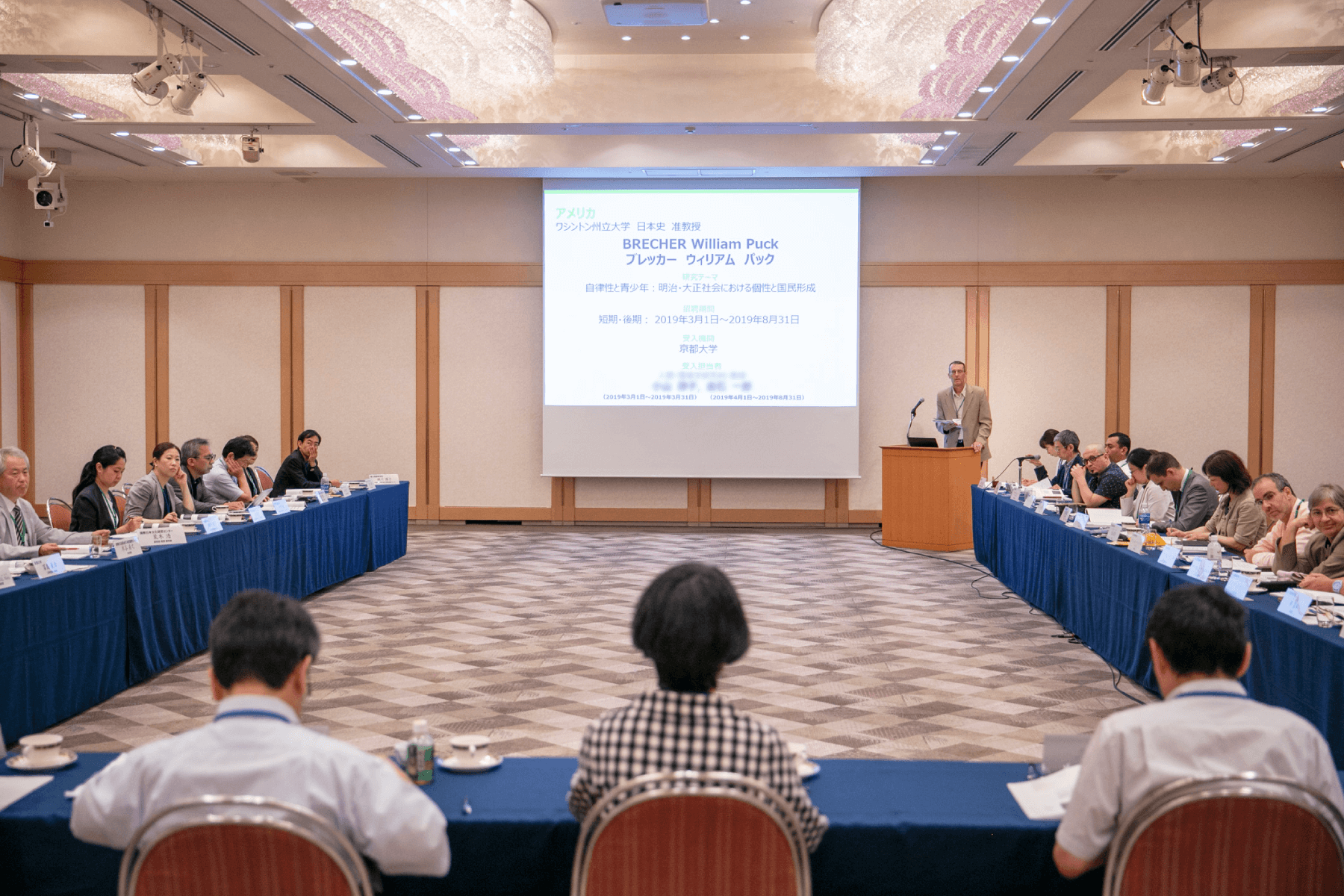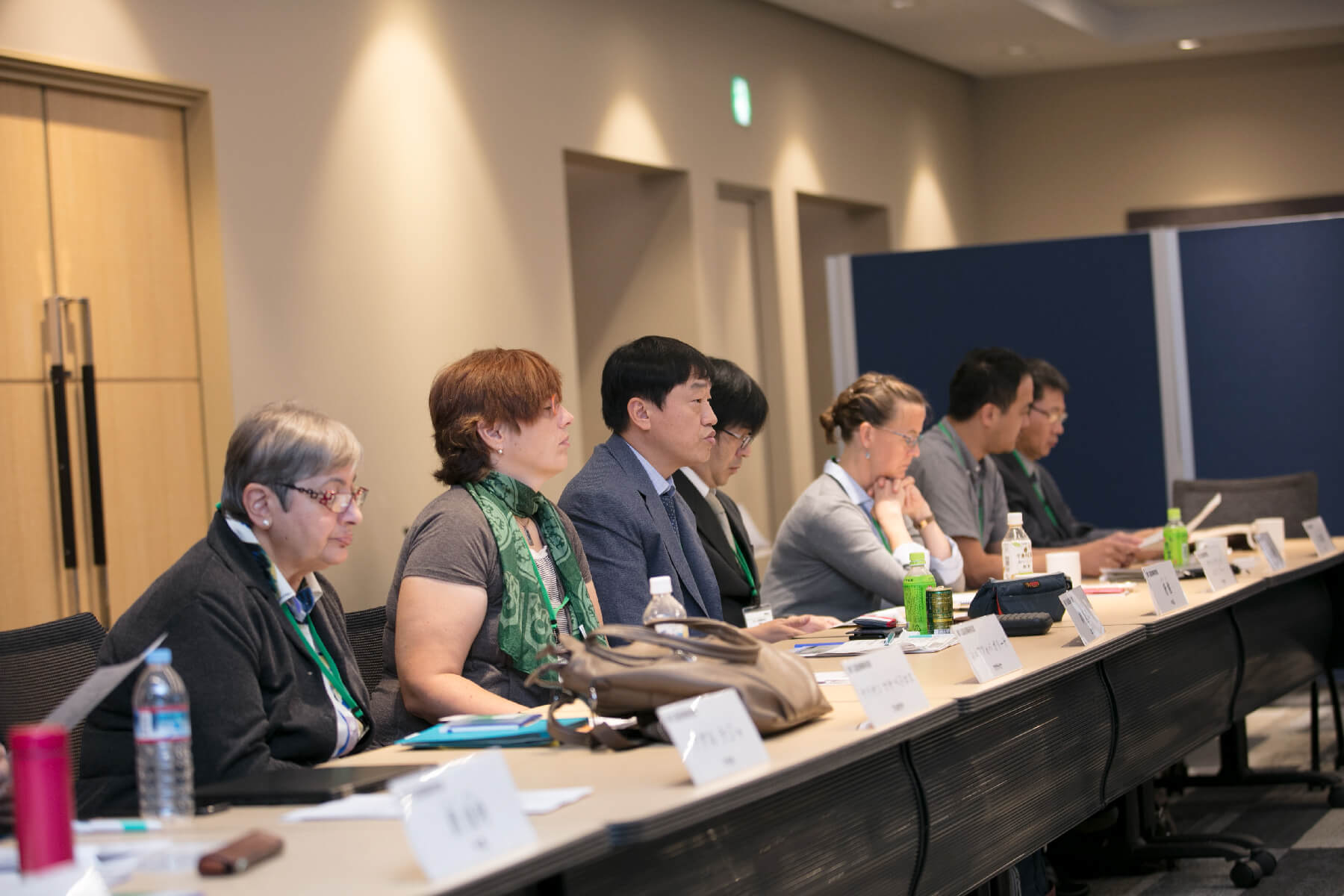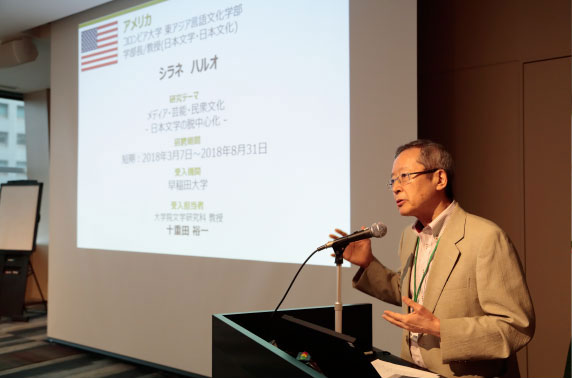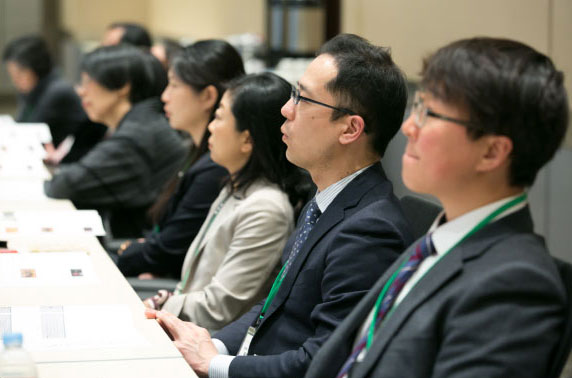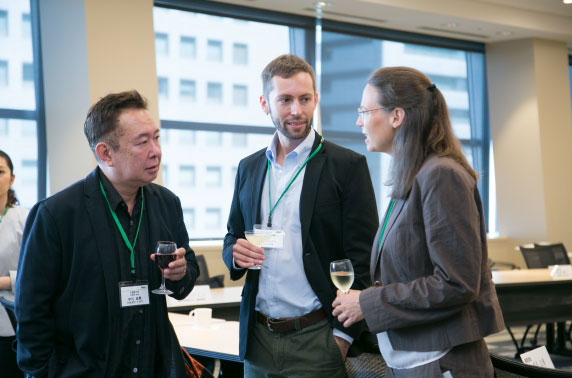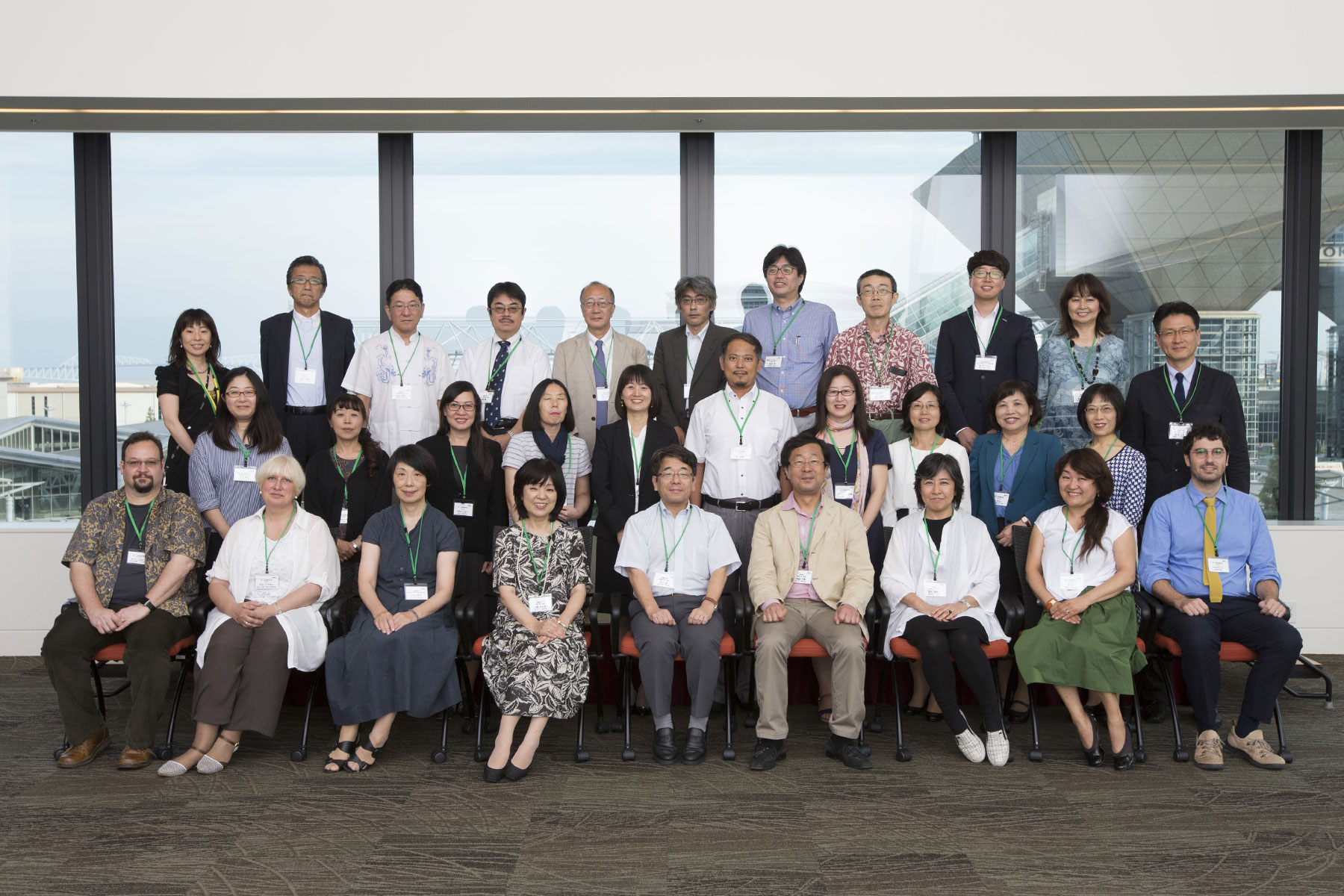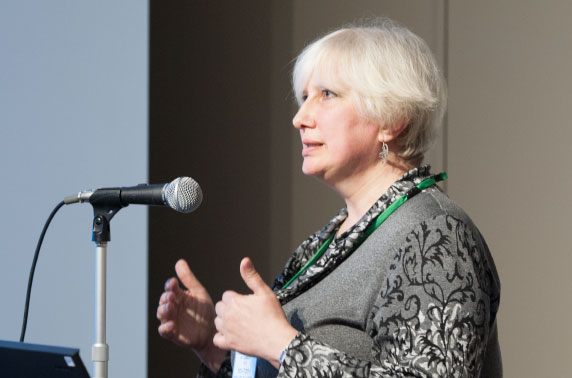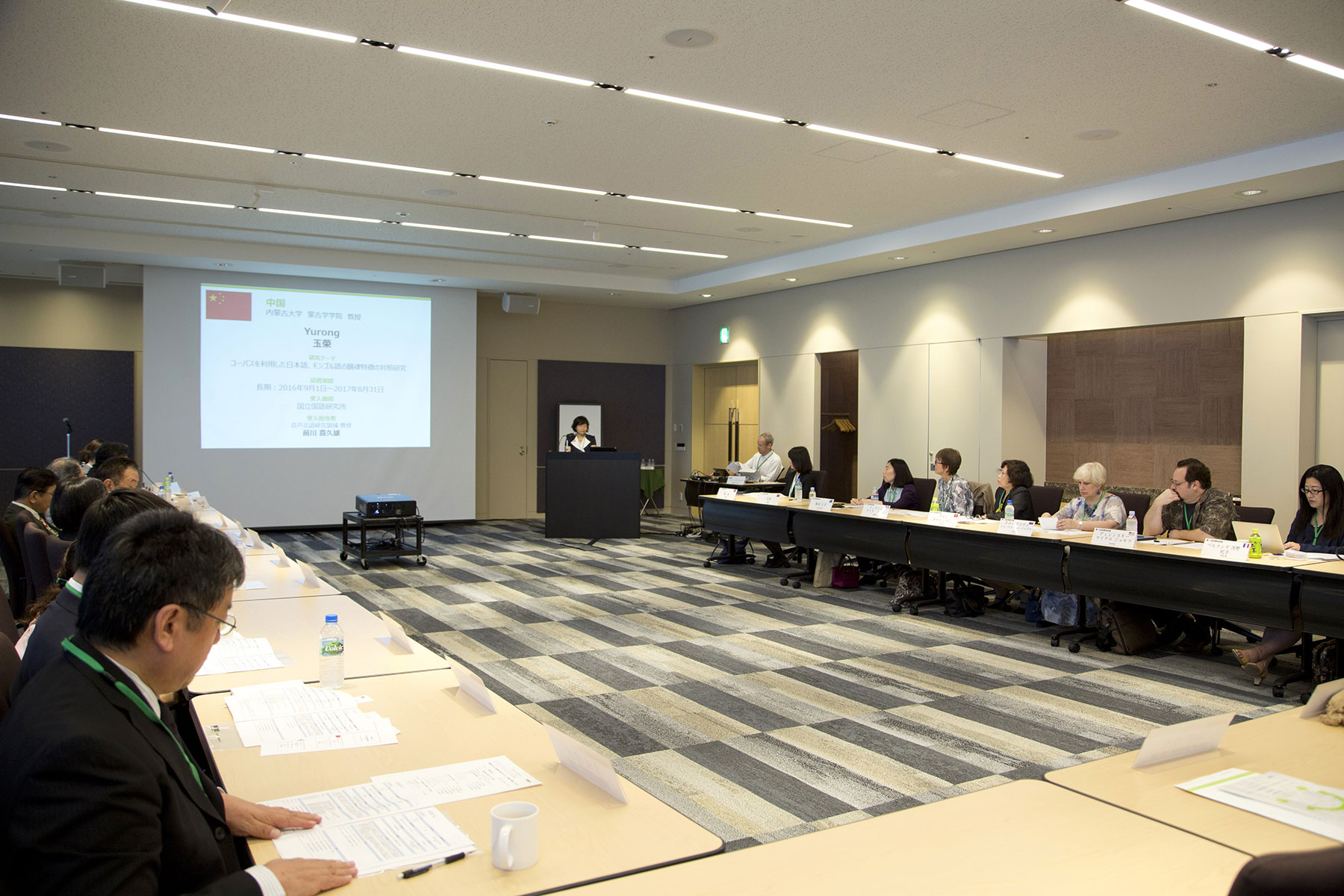15th,16th Fellowship Invitees
Here we introduce the 15th and 16th Fellowship Invitees (5 of whom are already in Japan, 8 of whom had their arrival delayed). (Listed in Japanese syllabary order with professional titles omitted)
■ Fellowship Invitees in Japan
<Japanese Language and Japanese Language Education Research>
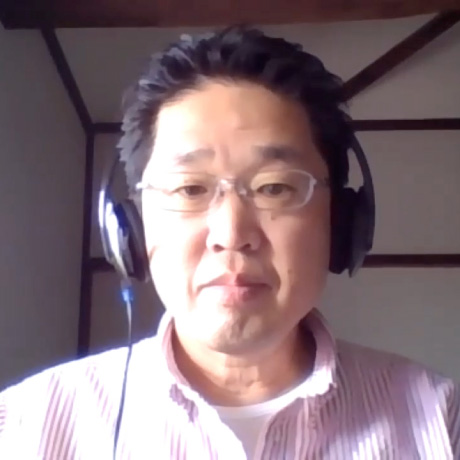
-
ISHIHARA Shunichi
Associate Professor, The Australian National University (Australia)
“A Linguistic Study on Individual Differences Manifested in Writing Styles in Japanese: Focusing on Text Messages”
“My research is focused on forensic authorship identification. Right now, I am doing the basic research here in Japan. In modern times, communication via text message has become very popular, but it is also used for criminal activity thanks to the anonymity and convenience it provides. My intention is to use data from the National Institute for Japanese Language and Linguistics to evaluate and clarify what factors show ‘individuality’ in text messages, indicating that they were written by a certain person, as well as what factors are most effective for indicating individuality.”
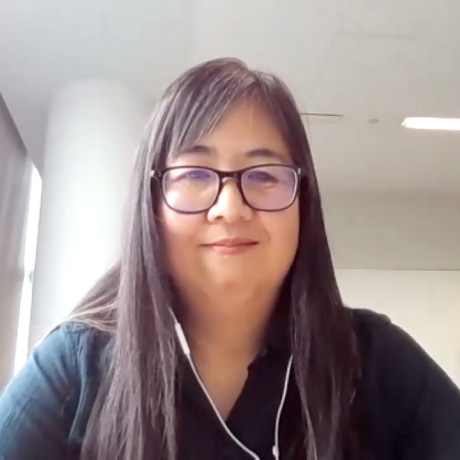
-
IDEMARU Kaori
Professor of Japanese Linguistics, University of Oregon (USA)
“Acoustic Factors Predicting Foreign Accent in Second Language Japanese and its Social and Affective Consequences”
“I am grateful to be able to come to Japan and conduct research during this difficult period of the COVID-19 pandemic. I will study the acoustic characteristics of foreign accents in the Japanese language, the social evaluation of foreign accents, and factors affecting the listeners. Initially, I had planned to collect speech data in person. However, due to the COVID-19 pandemic, I will use the corpus of the National Institute for Japanese Language and Linguistics. I am really looking forward to this, as it will be a new challenge for me to utilize this research method.”
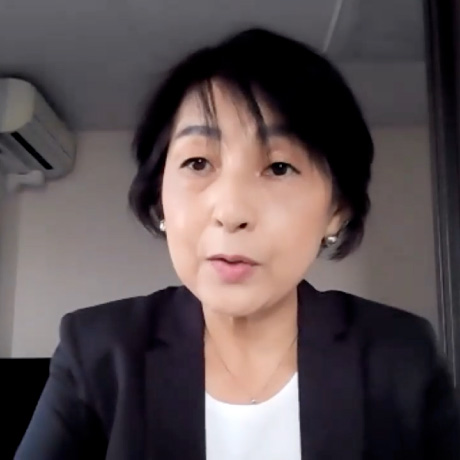
-
WALKER Izumi
Deputy Director (Associate Professor) National University of Singapore, Centre for Language Studies (Singapore)
“Significance and Issues of Japanese Language Education for Fostering Highly-skilled Foreign Professionals: Analysis of Life-Story of Singaporean Japanese Language Learners”
“Thank you very much for this valuable research opportunity. In Singapore, there are many people enthusiastically studying Japanese, and more and more of them are finding employment in Japan. Focusing on those graduates, I will survey and analyze how much they can or cannot use Japanese language in their daily life in Japan, using a method called TEM (Trajectory Equifinality Model), in order to develop Japanese language education for the development of highly-skilled foreign professionals.”
<Japanese Literature and Japanese Culture Research>
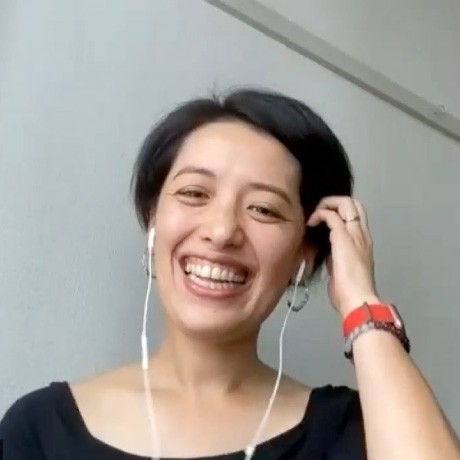
-
MIZUKAWA Jun
Part-time Lecturer of Sociology/Anthropology and Religion, Lake Forest College (USA)
“Spirited ecology at the end of the world: Community-led reconstruction projects in the 3.11 Tsunami-affected fisherman’s village of the northeast coast of Japan”
“My research base is in the Motoyoshi District of Kesennuma City in Miyagi Prefecture, an area that already had a shrinking and aging population when it was devastated by the Great East Japan Earthquake. In spite of this, since the earthquake struck, residents of this district rebuilt the assembly hall at incredible speed, recreated beach plants on the concrete seawall, and are now building a community that can ‘coexist with the sea’. Using this unique resident-led reconstruction as my theme, I will conduct interview surveys and participatory observation.”
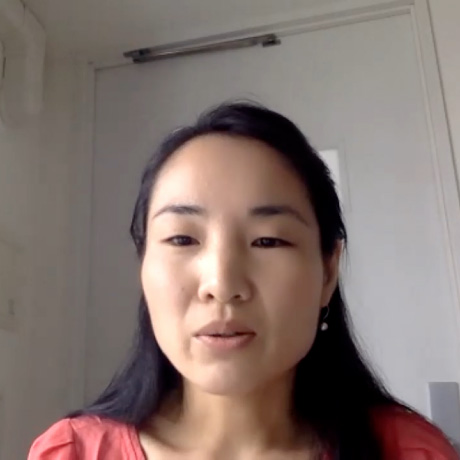
-
YOSHIDA Aki
Full-time Lecturer, University of Paris, IFRAE (The French Research Institute on East Asia) (France)
“Literary Exchange between Japanese Writers and their Asian and African Counterparts in the 1960s and Early 1970s, and the reception of Asian and African Literature in Japan during the Same Period”
“Thank you very much for this fellowship invitation. Three years ago, I wrote my doctoral dissertation about Zainichi Korean (ethnic Koreans living in Japan) literature, and became interested in this research theme. During this stay, I plan to conduct a literary survey, covering the Afro-Asian Writers’ Conference, which was held 8 times from 1958 to 1988, as well as activities and exchanges to raise awareness of Asian and African writers in Japan. Ultimately, I am to examine how this exchange has affected literature in Japan and around the world.”
■ Delayed Arrival Fellowship Invitees
<Japanese Language and Japanese Language Education Research>
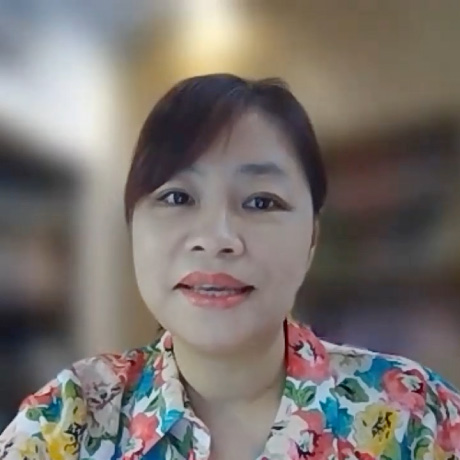
-
NGO Huong Lan
Senior Researcher and Vice Director of the Center for Japanese Studies, Vietnam Academy of Social Sciences, Institute for Northeast Asian Studies, Center for Japanese Studies (Vietnam)
“A Comparative Study on Japan and Vietnam’s Communication Culture by Examining ‘Greeting’, ‘Complimenting’, ‘Apology’ and ‘Refusal’ Behaviors
“Initially, I planned to start research in Japan on September 1, but unfortunately this plan has been delayed due to COVID-19. Currently, I am collecting materials and doing research online in Vietnam. When I go to Japan in December, I intend to do field studies with the guidance of Professor Nohira of the Tokyo University of Foreign Studies, in order to contribute to Japanese language education and Japanology research in Vietnam.”
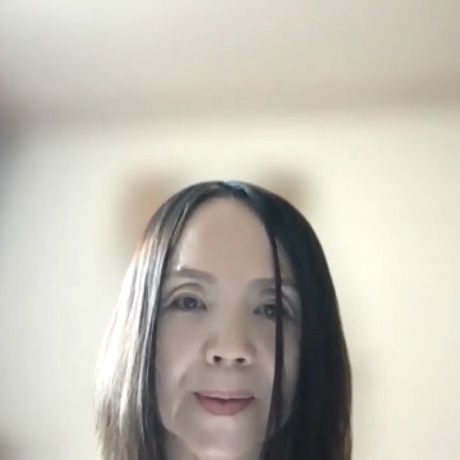
-
Tuya
Professor, School of Mongolian Studies, Inner Mongolia University (China)
“Construction of Speech Database of Japanese as Spoken by Mongolian Learners: For the Acoustic Phonetic Analysis of Variations in Learners’ Speech”
“Thank you very much for this valuable opportunity. During this fellowship, I plan to collect samples of Japanese language as spoken by Mongolian speakers, in order to create a database. I am currently at the stage of preparing survey forms and materials. Once the COVID-19 pandemic is over, I will go to Japan and conduct research to the best of my ability in order to meet expectations.”
<Japanese Literature and Japanese Culture Research>
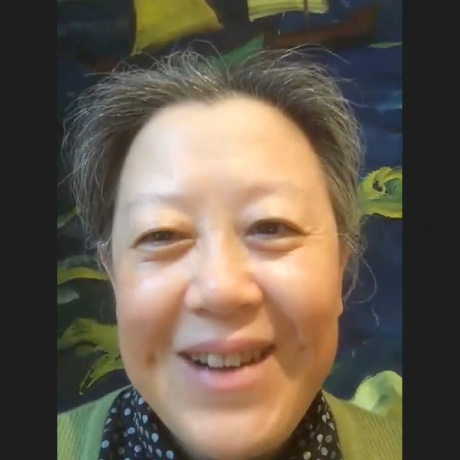
-
GAO Bingbing
Professor, Northwest University (China)
“Research of ‘Shokenkou’ by Zekkai Chushin”
“My specialty is Nihon Kanbungaku (Chinese literature composed in Japan). I earned my degree at Osaka University, and after returning to China, I joined Northwest University’s research team for Gozan Bungaku (Literature of the Five Mountains, developed in ancient Zen Buddhist temples). During this fellowship, I will research ‘Shokenkou’ by Zekkai Chushin, a notable Gozan priest. In the future, I plan to add extensive notes to ‘Shokenkou’ and publish it in China. I hope to go to Japan in December.”
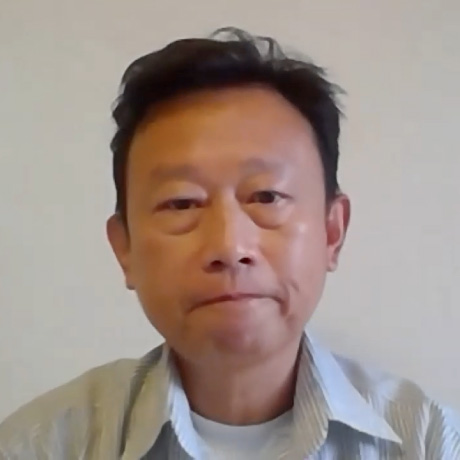
-
NG Wai Ming
Professor, Department Chair, The Chinese University of Hong Kong (Hong Kong)
“The Localization of Chinese Folk Religions in Early Modern Japan”
‘My specialty is the history of exchange between Japan and China in the early modern period. During this fellowship, I will study how Chinese people crossed the sea and were incorporated into Japanese culture and religion in the early modern period, mainly based on literature and fieldwork. I started this research one year ago. In the next year, I will announce my research results by presenting at academic conferences and writing academic papers.”
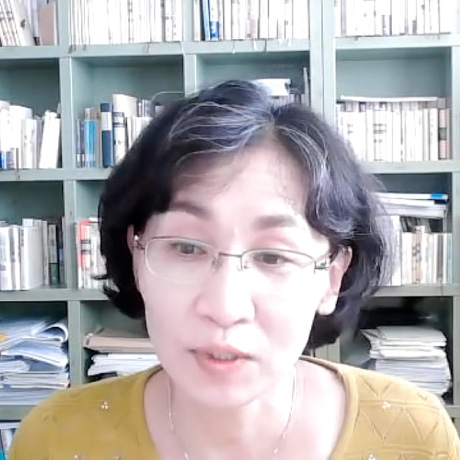
-
SO Myungsun
Professor, Jeju National University (Korea)
“A Study on ‘the Korean War’ seen by the Japanese Archipelago; Focusing on Literary Works Published in the 1950s”
“I teach Japanese literature in Korea. Since coming to Jeju Island, I started reading Okinawan literature and Zainichi Korean literature, which led me to develop this theme. Currently I am doing research with assistance from Professor Tomotsune of the Tokyo University of Foreign Studies, and I am reading what materials are available here. In December, I intend to go to Japan and conduct research no matter what.”
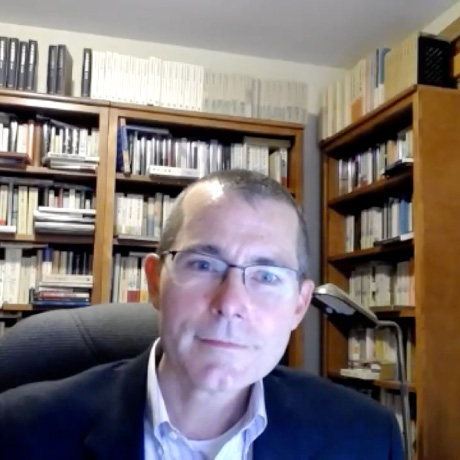
-
FRALEIGH Matthew Patrick
Associate Professor, Brandeis University (USA)
“Postwar Kanshi Journals and the Canon of Sinitic Poetry in Japan”
“My research theme is postwar kanshi (Chinese poetry) journals in Japan. I will examine issues such as how postwar kanshi literature in Japan changed, and how attitudes towards kanshi literature changed among people at the time. It is unfortunate that I had to postpone my visit to Japan, but I look forward to the day when I can finally go to Japan, start my research, and meet all of you.”
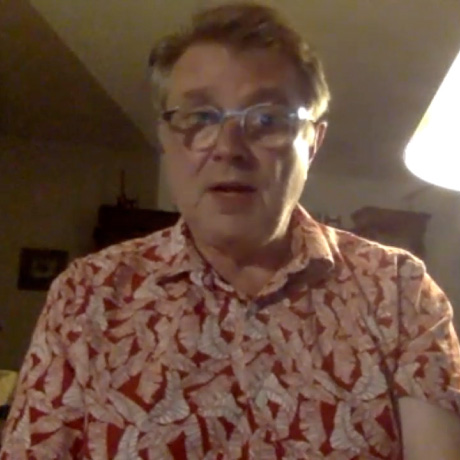
-
POULTON Mark Cody
Professor, University of Victoria (Canada)
“The Social and Cultural Function of Urban and Regional Performing Arts Festivals”
“I have taught Japanese language, Japanese literature, Japanese culture, and Japanese theater for nearly 30 years at the University of Victoria in Canada. During this fellowship, I will study theater festivals held in Japanese cities and regions. My invitation has been postponed for a year. After I go to Japan in mid-October, I intend to go to theater festivals as much as possible and interview people who are involved.”
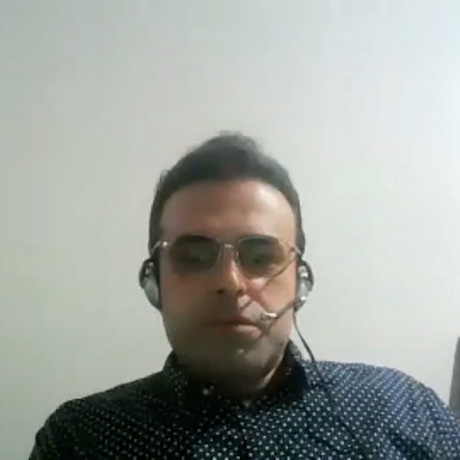
-
REZAEE Alireza
Assistant Professor, University of Tehran, Faculty of Foreign Languages and Literatures, Department of Japanese Language and Literatures & Faculty of World Studies, Department of Japanese Studies (Iran)
“Comparative Research of Mujo: With a Focus on Mujo in Japan and Mujo in Omar Khayyam’s Poem”
“The theme of my research is comparative research of mujo (impermanence), but I never thought I would be involved in the mujo wave. Originally, I planned to study and do research with the guidance of Professor Araki of the International Research Center for Japanese Studies starting in September 2020, but currently I am doing work remotely. I am not certain about my future plans, but I look forward to going to Japan.”
Presentations by fellowship invitees were followed by speeches from their receiving organization professors and introductions of the liaisons from their receiving organizations, and concluded with greetings from six members of the Evaluation Committee. Committee Chairman Masaru Inoue started by saying “I am sure it has been difficult for both the fellowships invitees and their receiving organizations to make adjustments in the midst of the COVID-19 pandemic. Although the format of our meeting today was somewhat unusual, I enjoyed meeting you all. I look forward to meeting you in person next time.” This was followed by warm words of welcome from each member of the Evaluation Committee, directed at both fellowship invitees already in Japan and invitees whose arrival had been delayed, encouraging them to overcome the hardships of the pandemic and proceed with their research.
After the exchange meeting was over, instead of a typical social gathering like those held in previous years, the breakout room feature of Zoom was used to give researchers a chance to interact freely, and the meeting ended at 12:30.
